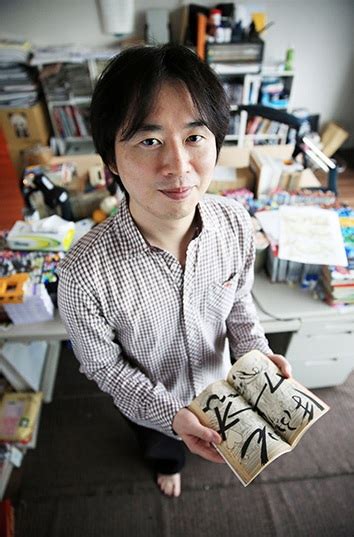A Quote by Aleksandar Hemon
I write and read with the assumption that literature contains knowledge of human experience that is not available otherwise.
Related Quotes
Read a lot. But read as a writer, to see how other writers are doing it. And make your knowledge of literature in English as deep and broad as you can. In workshops, writers are often told to read what is being written now, but if that is all you read, you are limiting yourself. You need to get a good overall sense of English literary history, so you can write out of that knowledge.
The unconscious is the only available source of religious experience. This in certainly not to say that what we call the unconscious is identical with God or is set up in his place. It is simply the medium from which religious experience seems to flow. As to what the further cause of such experience might be, the answer to this lies beyond the range of human knowledge.
What a lost person needs is a map of the territory, with his own position marked on it so he can see where he is in relation to everything else. Literature is not only a mirror; it is also a map, a geography of the mind. Our literature is one such map, if we can learn to read it as our literature, as the product of who and where we have been. We need such a map desperately, we need to know about here, because here is where we live. For the members of a country or a culture, shared knowledge of their place, their here, is not a luxury but a necessity. Without that knowledge we will not survive.
We're at an interesting phase of Asian and Asian-American writing, where we might succeed in having readers look at us as creative individuals who write with fury and fire about the world, and in new ways, without having them say things like "I read a really good Indian book," or "That Malaysian fellow writes very well." So I hope by identifying as Indian I can get people who don't usually read "ethnic" or "Indian" literature to read that literature and enjoy it.





































